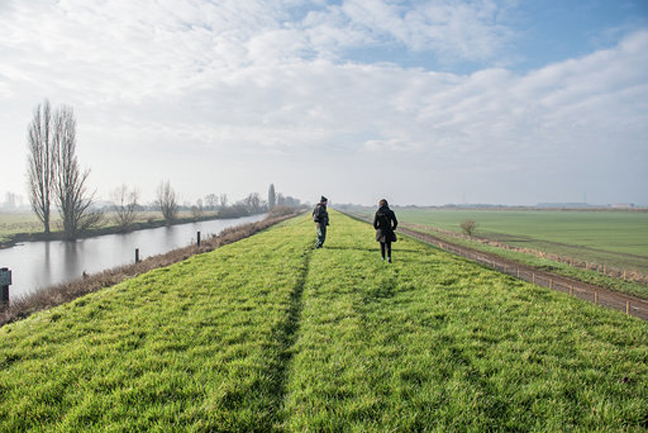Home / History / Archaeology / Archaeology and the Battle of Dunbar 1650: From the Scottish Battlefield to the New World / Performance and film: ‘Origins’
This article is from the free online
Archaeology and the Battle of Dunbar 1650: From the Scottish Battlefield to the New World


Reach your personal and professional goals
Unlock access to hundreds of expert online courses and degrees from top universities and educators to gain accredited qualifications and professional CV-building certificates.
Join over 18 million learners to launch, switch or build upon your career, all at your own pace, across a wide range of topic areas.

 The team on the Ouse Washes © Helena Anderson, Word Garden.
The team on the Ouse Washes © Helena Anderson, Word Garden.






